Are you on a high carbohydrate, low-fat diet…like most American’s?
If you are reading my blog…probably not, but if you know someone who has high blood pressure, how are they eating?
Most people who are insulin resistant also have high blood pressure, and insulin resistance is directly caused by a high sugar, high grain (even “complex carbs”) diet. So high blood pressure and uncontrolled blood sugar go hand in hand.
As your insulin level increases, so does your blood pressure. Insulin stores magnesium, but if your insulin receptors are blunted and your cells grow resistant to insulin, you can’t store magnesium so it passes out of your body through urination. Magnesium in your cells relaxes muscles. If your magnesium level is too low, your blood vessels will constrict rather than relax, which will raise your blood pressure and decrease your energy level. Most American’s are very deficient in Magnesium. To check for signs check out my book: Keto Adapted.
Insulin also affects your blood pressure by causing your body to retain sodium. Sodium retention causes fluid retention. Fluid retention, in turn, causes high blood pressure and can lead to congestive heart failure.
To enhance your heart health, the first thing ISN’T to count sodium (I would get rid of junky table salt and use a quality salt like Redmond Real Salt, which has been found to help lower blood pressure), it is to remove all grains and sugars, mainly fructose, from your diet. Eating sugar and grains (including any type of bread, pasta, corn, potatoes, or any type of rice) will cause your insulin levels and your blood pressure.
Fructose is a sugar that can only be metabolized by the liver, which breaks down into a variety of waste products that are unhealthy for your body, one of which is uric acid. Uric acid drives up your blood pressure by inhibiting the nitric oxide in your blood vessels. Nitric oxide helps your vessels maintain their elasticity, so nitric oxide suppression leads to increases in blood pressure. The average American now consumes 70 grams of fructose EVERY day!
HOW TO LOWER BLOOD PRESSURE
Avoid foods that boost insulin levels. Even whole, organic grains will rapidly break down to sugars, so they too should be avoided. “Complex Carbs” are just glucose molecules hooked together in long chains once they enter the blood stream, they turn into sugar.
1. Healthy Low Carb Swaps
Skip the high carb Breads and try my “Heathified” BREADS, WAFFLES, BAGELS
Skip the high carb Pasta, try my “Healthified” PASTA IDEAS
Skip the Rice or Quinoa, try my “Healthified” CAULIFLOWER RICE
Skip the Cereal, try my “Healthified” COCOA PEBBLES
Skip the Potatoes, try my “Healthified” FAUX-TATOES!
Skip the Cookies, try my “Healthified” Keto Keebler Fudge Stripe Cookies, Keto Oreos or Chocolate Chip Cookies
2. INCREASE VITAMIN C: While vitamin C may be helpful, you’ll also want to avoid eating too many fruits; the types and amounts being adjusted based on your nutritional type.
3. Cut Caffeine: Caffeine causes a short, but dramatic increase in your blood pressure, even if you don’t have high blood pressure. Studies find that the adrenal glands release more adrenaline which in turn increases blood pressure. Blood pressure also may increase because caffeine blocks a particular hormone that keeps your arteries widened.
If you suffer from high blood pressure, cutting coffee is highly suggested.
4. Optimize vitamin D levels – Healthy vitamin D levels can have a powerful effect on normalizing your blood pressure. Low Vitamin D levels is associated with an increased risk for heart disease. Vitamin D has a positive impact on diabetes…it’s all linked together.
5. CUT ALL HARMFUL OILS!
Vegetable oils are harmful for many reasons including causing high blood pressure. Balance your omega-6 to omega-3 fat ratio – Most Americans eating a standard American diet have a ratio of 25:1, which is super unbalanced. The ideal ratio of omega-6 to omega-3 fats is 1:1. To achieve this, lower the amount of vegetable oils in your diet, and consume high quality, animal-based source of omega-3s such as fish, organic eggs and organic beef. Do not take fish oil (read more HERE).
6. Take a Magnesium Glycinate Supplement: We are all deficient in magnesium because we once found it in our water supply. Now that our soil is depleted of magnesium and most people drink bottled water, we all need to supplement. Taking 400mg of Magnesium Glycinate right away in AM (blood pressure is highest in the morning) AND 400mg just before bed will help your blood vessels relax. Our food supply doesn’t have the magnesium that it once did so a supplement is necessary. Click HERE to find the supplements I prefer and take.
Click HERE to get a detailed supplement list all laid out for you!
7. Walk after Meals: moving your body after meals is extremely helpful for blood sugar, insulin and blood pressure. I always walk after meals, it helped me stop mindless eating and wanting a dessert after the meal.
8. Reduce Stress: it sounds simple, but reducing stress is extremely important to reducing high blood pressure. Even sitting in nature and enjoying the quiet is extremely beneficial to lowering blood pressure.
9. Get Your Thyroid Checked: thyroid issues will cause high blood pressure despite eating keto and low carb.
TESTIMONY OF THE DAY
“ Left is taken with my daughter who got me started on Keto) one year ago..wt 170. Right today..wt 133. Not at my goal yet (8lbs to go) not bad for a 70 year old!!!” -Marty
I would like to add that I am completely OFF my diabetes meds, my high blood pressure meds, my cholesterol meds and my kidney function went from 33% to 50%! I have labs tomorrow and am anxious for results!!! Thanks to God for the Emmerich family!!”
Most people I consult are doing keto totally wrong. Get fast results with the my NEW Keto Packages!
Click HERE to check out my NEW Keto Packages!
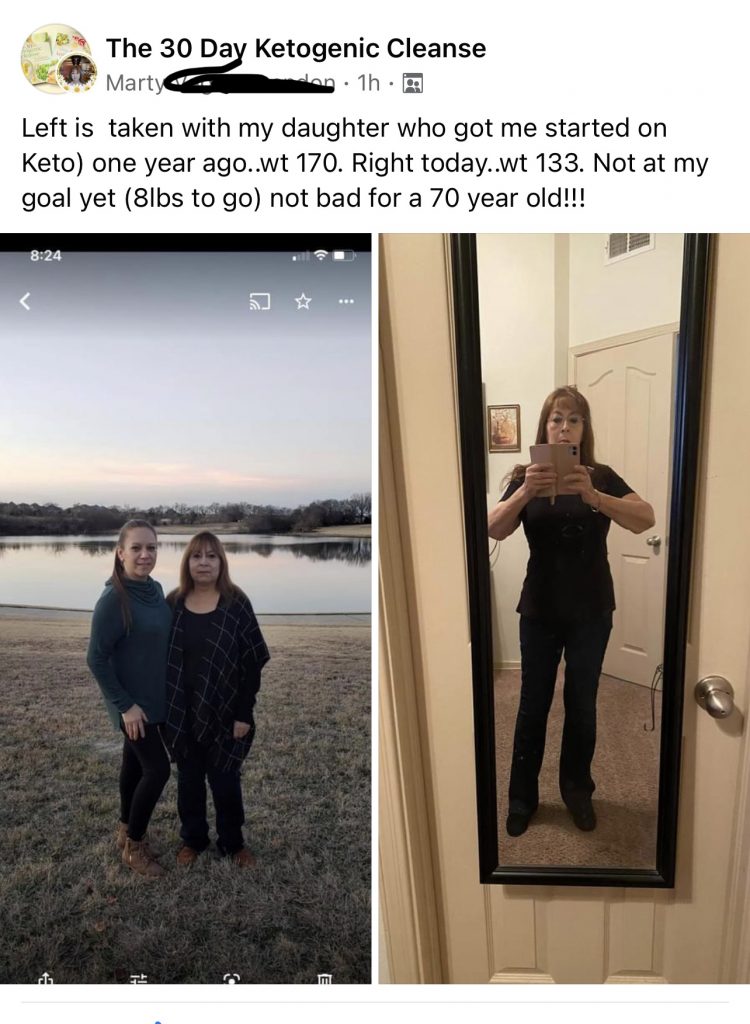

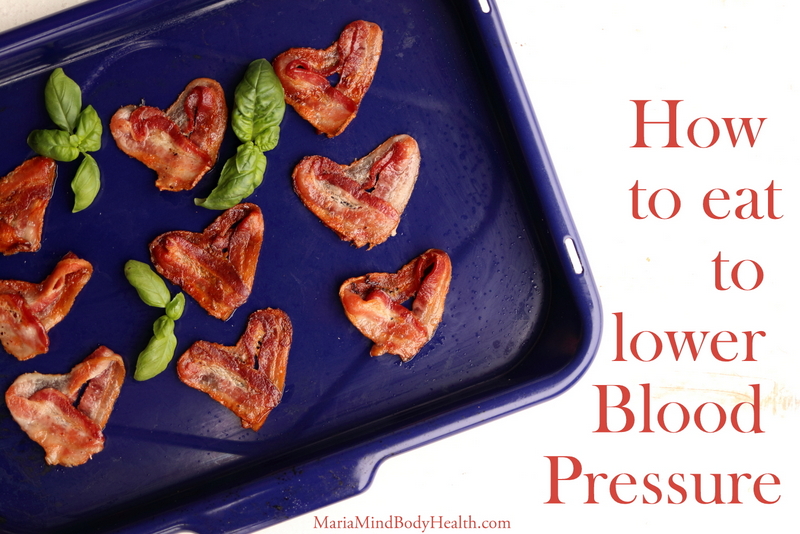
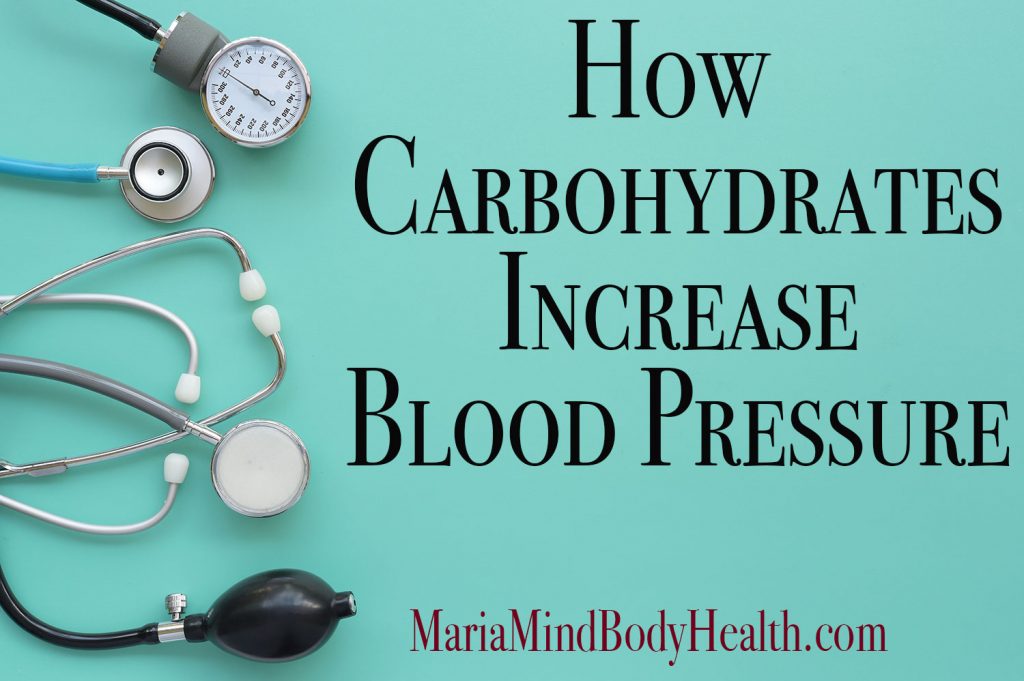

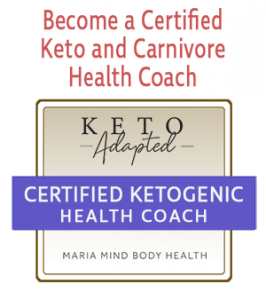

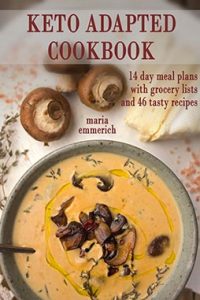
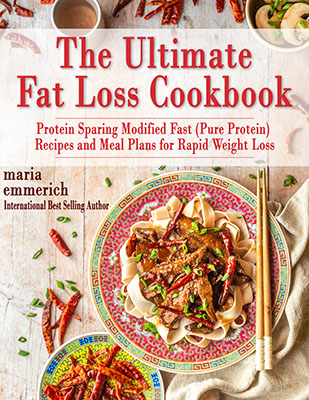
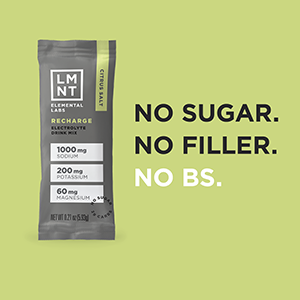
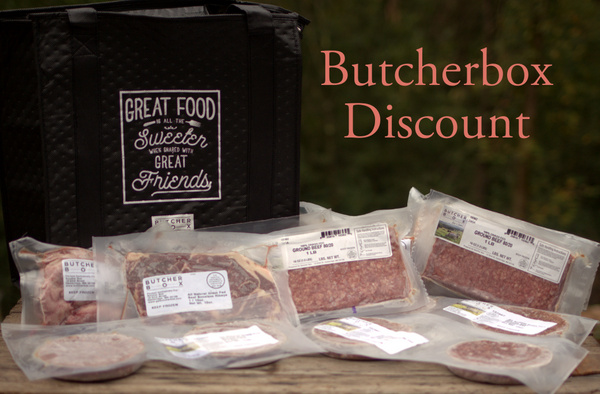

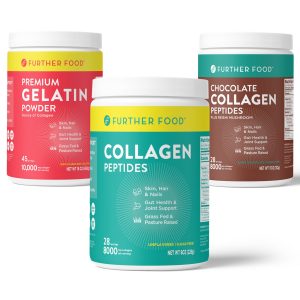



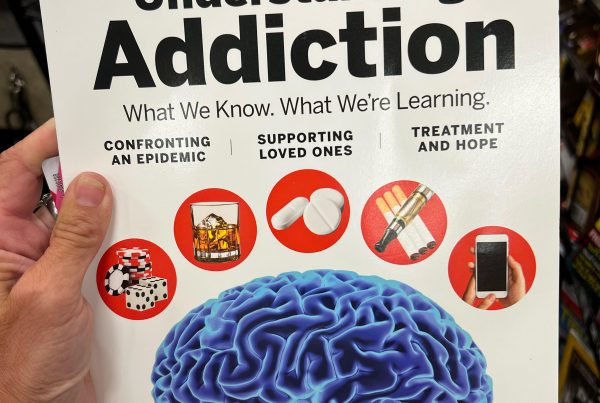
Eat adequate amounts of potassium-rich foods. Potassium, another mineral essential to good health, works in concert with sodium to regulate blood pressure. Studies have shown that people who consume more potassium have lower blood pressures than those who consume less.
Hi, I wanted to let you know HOW MUCH I have enjoyed your blog! I am learning SO MUCH! I noticed you suggest to take vit. D when you have high blood pressure. As of last June I am on 2 blood pressure meds now. I am taking the magnesium gly. 2x a day, morning and at night. My Dr. wants me to take 5000 I.U. of D3 but it is giving me cold sores. I got off it in Dec. and they started going away. I even had to get off my daily vitamin to make them go away. I have tried taking thr L-Lsine and it’s not working either to get rid of them when I am on the D’s. Dr. even gave me 2 prescriptions back to back that was suppose to get rid of the cold sores and that didn’t work either until I got off the D’s. My blood work shows I need the D that it IS low but I can’t take it. I had 5 cold sores in Jan. So when I went back to my Dr. she wanted me to try just taking the D’s 3x a week. Took one the very next day and then the next evening I was starting to get another cold sore. So now I am off them again and off my daily vit. as well. I am doing the Wheat Belly diet as of 3 weeks ago Wednesday but the blood pressure is still running high even with the 2 blood pressure pills. I also eat sea salt not regular salt.
Hi Rose! Thank you SO much!
I would suggest to take 400mg of magnesium glycinate in the AM (when blood pressure is highest) and another 400mg before bed. This will help a lot! http://astore.amazon.com/marisnutran05-20/detail/B00012TQ5C
Happy Eating!
Hi Maria,
I just bought chelated magnesium, which was a recommendation from a book I recently read. Can I use it in the same way, or should it absolutely be magnesium glycinate?
Yes, that magnesium would work also.
Thanks;)
Hi, I just came across your website and I really enjoy it.
I’ve had great blood pressure all my life (I’m 36). Even through out my two pregnancies my readings were great. After I gave birth the second time the nurses were delighted to see how good my readings were for the two days I was in the hospital. Suddenly, at my 6 week post natal checkup my readings were at 140/90. We waited a month before starting meds to see if my body needed more recovery time from the pregnancy but it didn’t change. Now I’m taking a light diuretic which makes me feel crappy. Any idea as to why my pressure changed so suddenly? Thanks
Hi, To really understand your situation, I need to do a health assessment and find out any issues that may be causing a problem. I do this for my clients and would love to help you through this journey. Please email me at with the contact above if you are interested in getting started!
Are you familiar with a product called Natural Calm? It’s ingredient list says: “Ionic magnesium citrate (created from a highly absorbable proprietary blend of citric acid and magnesium carbonate), organic raspberry and lemon flavors, and organic stevia.” It’s dosage is 2 rounded tsp= 325mg Magnesium
It’s the most highly reviewed form of magnesium supplementation on Amazon. I know that means nothing considering our population’s food choices/education in general. I don’t want to waste my money on smoke and mirrors in the form of intelligent packaging. What do you think?
It’s ok, but I use magnesium glycinate. It is a more observable form and citrate can cause diareah.
Hello Maria,
First of all, thank you so much for all the information you provide through the blog and your books; I can’t begin to tell you how much you have helped me and my family!
I have hypothyroidism (I take armour thyroid first thing in the morning) as well as a magnesium deficiency. Would you still recommend to take magnesium early in the morning, or could it interfere with my medication?
Thanks!
I always recommend to take Magnesium before bed. It helps your body calm down for sleep. 🙂
Maria, really love your blog and your recipes!! I fully believe in ditching the carbs and sugars and started on that journey in the latter half of last year. I also take a Magnesium supplement and I’m feeling much better. However, I’m not really losing weight. Is there some other likely place (or food) to look at in my diet that might be the culprit? Or is it a matter of calories and exercise? I’ve believed that calories don’t mean what people say they do … but perhaps they matter more than I’m thinking? I average 1800 a day with a fat/protein/carb ratio of about 75%/18%/7%.
It looks like a good ratio overall. There could be some things that could help kick up your metabolism (pure protein days, intermittent fastings, etc). I talk about these in my metabolism book and also with my clients. A health assessment would be helpful in pinpointing any issues. Have a great day! 🙂
Hi Maria, I was wondering if you have any tips or information for people with low blood pressure? The thank you! Sincerely, Rachel
I too suffer from this. Many things can cause it including adrenal fatigue Add a teaspoon or two of mineralized sea salt to water. Or add more salt to foods;)
what about magnesium oxide? is that good for leg cramps?
Use magnesium glycinate. Oxide is a laxative and is not absorbable.
Hi Maria,
Thanks for all your hard work helping people get well. I have high blood pressure and take Armour Thyroid 90mg per day [can’t take the synthroid, etc stuff – gives me headaches and swelling of legs, ankles + feet]. I also have diabetes. Since 2009, as per Dr. Richard Bernstein, I cut out all sugars and have done low-carb. My average per day being 20g or under of carbs. I take Magnesium Glycerite 133mg capsules but more than 1 or 2 a day gives me diarrhea. I am also disabled and use a wheelchair and rolator – just in case exercise is an issue. What else can I do to bring down my blood pressure. It would be great to get off at least one drug. Thanks in advance for any suggestions.
Add topical magnesium. Cut all caffeine. Add herbs for vitamin c. 🙂
http://astore.amazon.com/marisnutran05-20?_encoding=UTF8&node=4
Oh, and you need 200mg potassium at breakfast and at lunch!!!
Hello Maria,
I was just reading Brandon and Megan Keatley’s Blog “Health-Bent” and they make an argument against using nut flours because of the greater amount of omega 6 found in almond flour and other nut flours. What do you think of that issue?
Love your books, recipes and nutritional advice, lost my gallbladder after my first baby and am working on healing my guts, thanks for all your help and advice!
Would this link of blood pressure and blood sugar levels explain why when I eat a lot of carbs/sugar my heart starts beating very fast. Been trying to figure this out ever since I had gestational diabetics two years ago. But the doctors said it isn’t related..
Absolutely. Sugar cause increased anxiety too.